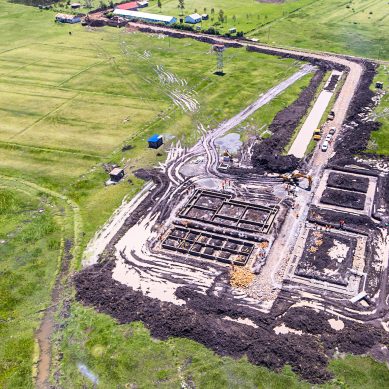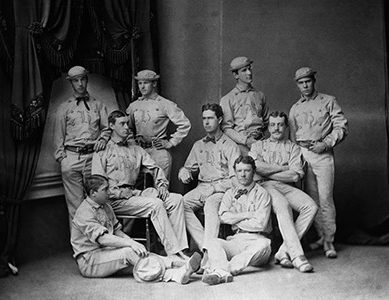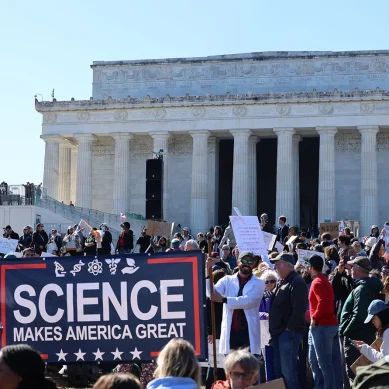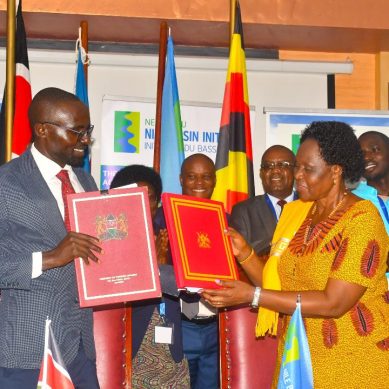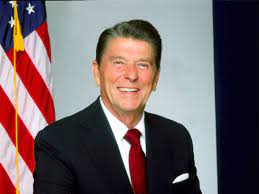
Two strands of conservative movement in the United States – elitist traditionalism and anti-communism – remained part of its DNA for half a century. Eventually the American people made their preference for taking pleasures where they wanted clear and the first faded, while the end of the Cold War rendered the second obsolete.
But libertarianism stretches all the way to the present. James Burnham is mostly forgotten, but I’ve met Ayn Rand fanatics everywhere – among Silicon Valley venture capitalists, at the office of the Tampa Bay Tea Party, on a road-paving crew. Former House Speaker Paul Ryan brought Rand’s pitiless philosophy of egoism to policy making on Capitol Hill.
Libertarianism speaks to the American myth of the self-made man and the lonely pioneer on the plains. Like Marxism, it is a complete explanatory system. It appeals to supersmart engineers and others who never really grow up.
How did Free America become the dogma of the Republican Party and set the terms of American politics for years? Like any great political change, this one depended on ideas, an authentic connection with people’s lives and timing. Just as there would have been no Roosevelt revolution without the Great Depression, there would have been no Reagan revolution without the 1970s.
After years of high inflation with high unemployment, gas shortages, chaos in liberal cities and epic government corruption and incompetence, by 1980 a large audience of Americans was ready to listen when Milton and Rose Friedman, in a book and 10-part public-television series called Free to Choose, blamed the country’s decline on business regulations and other government interventions in the market.
But it took the alchemy of that year’s Republican nominee to transform the cold formula of tax cuts and deregulation into the warm vision of America as “the shining city on a hill” – land of the Pilgrims, beacon to a desperate world. In Reagan’s rhetoric, leveraged buyouts somehow rhymed with the spirit of New England town meetings.
Reagan made Free America sound like the promised land, a place where all were welcome to pursue happiness. The descendants of Jefferson’s yeoman farmers, with their desire for independence, became sturdy car-company executives and investment bankers yearning to breathe free of big government.
In 1980, the first year I cast a vote, I feared and hated Reagan. Listening to his words 40 years later, I can hear their eloquence and understand their appeal, as long as I tune out many other things. Chief among them is Reagan’s half-spoken message to white Americans: Government helps only those people.
Legal segregation was barely dead when Free America, using the libertarian language of individualism and property rights, pushed the country into its long decline in public investment. The advantages for business were easy to see. As for ordinary people, the Republican Party reckoned that some white Americans would rather go without than share the full benefits of prosperity with their newly equal Black compatriots.
The majority of Americans who elected Reagan president weren’t told that Free America would break unions and starve social programmes or that it would change antitrust policy to bring a new age of monopoly, making Walmart, Citigroup, Google and Amazon the J.P. Morgan and Standard Oil of a second Gilded Age.
They had never heard of Charles and David Koch – heirs to a family oil business, libertarian billionaires who would pour money into the lobbies and propaganda machines and political campaigns of Free America on behalf of corporate power and fossil fuels.
Freedom sealed a deal between elected officials and business executives: campaign contributions in exchange for tax cuts and corporate welfare. The numerous scandals of the 1980s exposed the crony capitalism that lay at the heart of Free America.
The shining city on a hill was supposed to replace remote big government with a community of energetic and compassionate citizens, all engaged in a project of national renewal. But nothing held the city together. It was hollow at the centre, a collection of individuals all wanting more. It saw Americans as entrepreneurs, employees, investors, taxpayers, and consumers – everything but citizens.
In the Declaration of Independence, freedom comes right after equality. For Reagan and the narrative of Free America, it meant freedom from government and bureaucrats. It meant the freedom to run a business without regulation, to pay workers whatever wage the market would bear, to break a union, to pass all your wealth on to your children, to buy out an ailing company with debt and strip it for assets, to own seven houses – or to go homeless. But a freedom that gets rid of all obstructions is impoverished, and it degrades people.
Real freedom is closer to the opposite of breaking loose. It means growing up, and acquiring the ability to participate fully in political and economic life. The obstructions that block this ability are the ones that need to be removed. Some are external: institutions and social conditions.
Others are embedded in your character and get in the way of governing yourself, thinking for yourself, and even knowing what is true. These obstructions crush the individuality that freedom lovers cherish, making them conformist, submissive, a group of people all shouting the same thing – easy marks for a demagogue.
Rather than finding new policies to rebuild declining communities, Republicans mobilized anger and despair while offering up scapegoats.
Reagan cared more about the functions of self-government than his most ideological supporters. He knew how to persuade and when to compromise. But once he was gone and the Soviet Union not long after him, Free America lost the narrative thread. Without Reagan’s smile and the Cold War’s clarity, its vision grew darker and more extreme.
Its spirit became flesh in the person of Newt Gingrich, the most influential politician of the past half century. There was nothing conservative about Gingrich. He came to Congress not to work within the institution or even to change it, but to tear it down in order to seize power.
With the Gingrich revolution, the term government shutdown entered the lexicon and politics became a forever war. (Gingrich himself liked to quote Mao’s definition of politics as “war without blood.”)
His tactics turned the goal of limited and efficient government into the destruction of government. Without a positive vision, his party used power to hold on to power and fatten corporate allies. Corruption – financial, political, intellectual, moral – set in like dry rot in a decaying log.
The aggressive new populism of talk radio and cable news did not have the “conservative orderly heart” that Norman Mailer had once found in the mainstream Republicans of the 1960s. It mocked self-government – both the political and the personal kind. It was rife with destructive impulses. It fed on rage and celebrity culture. The quality of Free America’s leaders steadily deteriorated – falling from Reagan to Gingrich to Ted Cruz, from William F. Buckley to Ann Coulter to Sean Hannity – with no bottom.
While the sunny narrative of Free America shone on, its policies eroded the way of life of many of its adherents. The disappearance of secure employment and small businesses destroyed communities. The civic associations that Tocqueville identified as the antidote to individualism died with the jobs. When towns lost their Main Street drugstores and restaurants to Walgreens and Wendy’s in the mall out on the highway, they also lost their Rotary Club and newspaper – the local institutions of self-government. This hollowing-out exposed them to an epidemic of aloneness, physical and psychological. Isolation bred distrust in the old sources of authority – school, church, union, bank, media.
- A Tell report/ Adapted from George Packer’s new book, Last Best Hope: America in Crisis and Renewal
